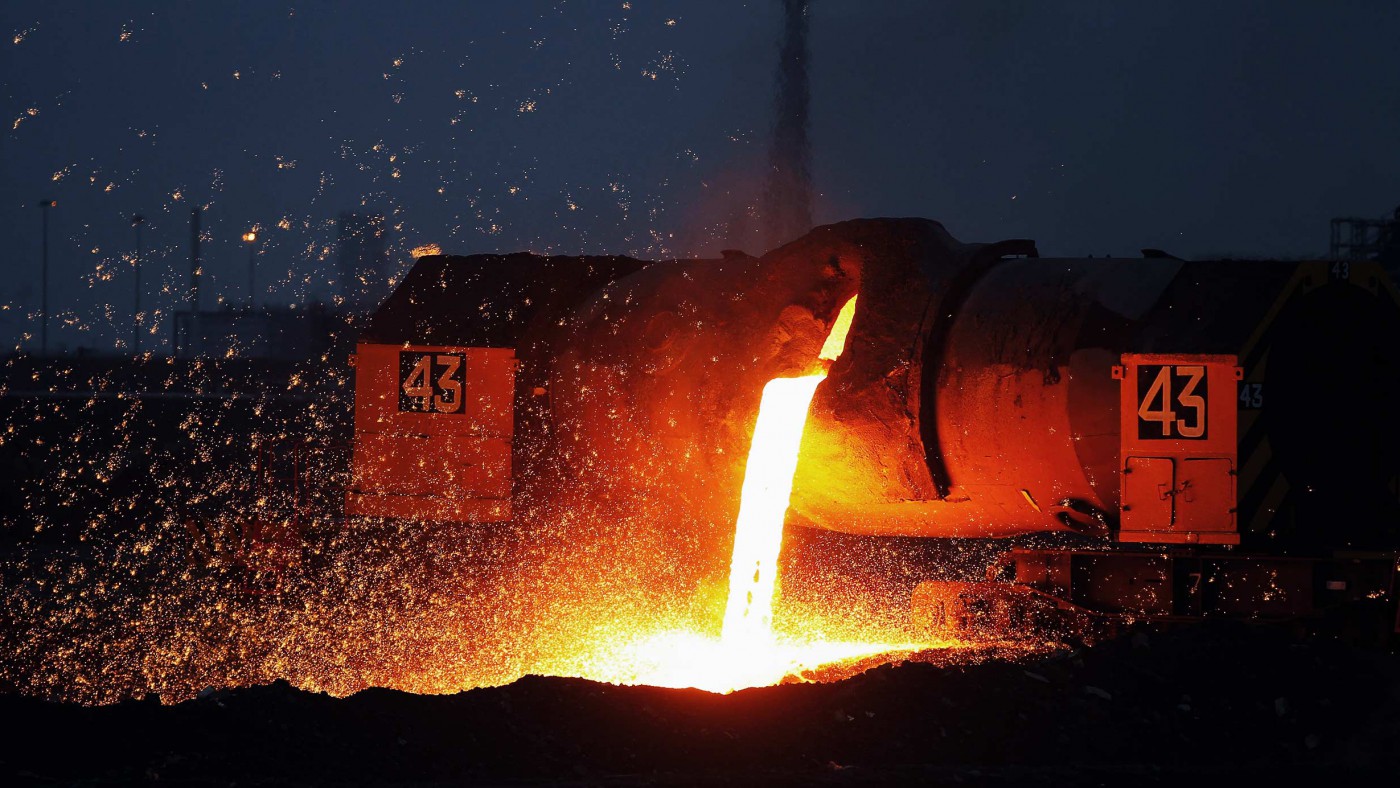For anyone facing redundancy in the meltdown of the British steel industry these must be extraordinarily difficult days. Families will face an uncertain future in the run-up to Christmas. The stress and strain will be enormous.
Inevitably, with that being the case, a campaign has been launched to demand that the government “do something” to save the British steel industry as though ministers can remake the global economy on a whim. It is very difficult to see what, exactly, can be done, however.
As Tim Worstall explained for the Adam Smith Institute yesterday: “The real underlying point is that both Redcar and Scunthorpe are based upon blast furnaces and that’s just a level of technology that we don’t need very much in this country any more. As a result of everyone going off and doing what we’ve been urged to do for decades now, work out how to recycle things. That is, the closing of blast furnaces is evidence of the success of an industrial strategy. Sure, might be a good strategy, might be a bad one, but it is the result of a quite deliberate strategy.”
It is possible to understand the emotional impulse behind the save our steel campaign, and to have sympathy with those at risk, while simultaneously seeing many of those politicians and activists involved in demanding government action today as being guilty of rank hypocrisy.
It was government intervention that caused a good deal of the industry’s problems. This crunch has been coming for several years.
For more than a decade the consensus in the political class was that the policy priority should be “going green” at any cost. The parties competed to out eco each other. A slew of measures hooked British business into paying more for energy and those in favour – the leaderships of all the parties – would for a long spell not hear a word against these changes, even when business warned about the impact on jobs and investment of increased energy costs.
Since then, wind farms have proliferated; coal has been deemed the devil; and nuclear power stations that should have been built a decade ago are still at the planning stage. The Chinese, meanwhile, ignored most of this, did their own thing and increased their industrial capacity dramatically regardless of the impact on emissions. The shift in the value of Sterling has exacerbated the British steel industry’s situation.
Belatedly, on the Prime Minister’s orders, the coalition government shifted. There is movement on the the Renewables Obligation and a compensation scheme, although it is a fiddly way of trying to do undo some of the predictable – and predicted – damage already done to industry.
In the case of the Scottish government’s latest pleas for the steel industry, and Nicola Sturgeon’s inevitable talk of chairing a “task-force”, there has been no party more pious-sounding on green measures than the SNP. And when it came to buying steel for the new Forth road crossing? The consortium appointed by the Scottish government bought a lot of Chinese steel.
One forever hears that voters like consensus and people working together. Cooperation can be good, of course it can, but time and again consensus produces poor policy that is insufficiently challenged and not tested. In the 2000s there was a broad economic consensus – with critics denounced and smeared – and we know what happened next. At the same time, there was also a consensus on energy prices and green “reforms” among all the mainstream parties. The bill is now being picked up by those about to be made unemployed by steel companies.
Policies – even warm and fuzzy sounding green policies that looked nice in party political broadcasts – have consequences in the end.


